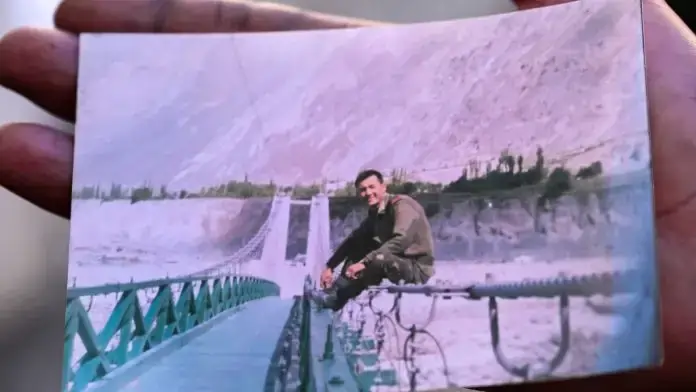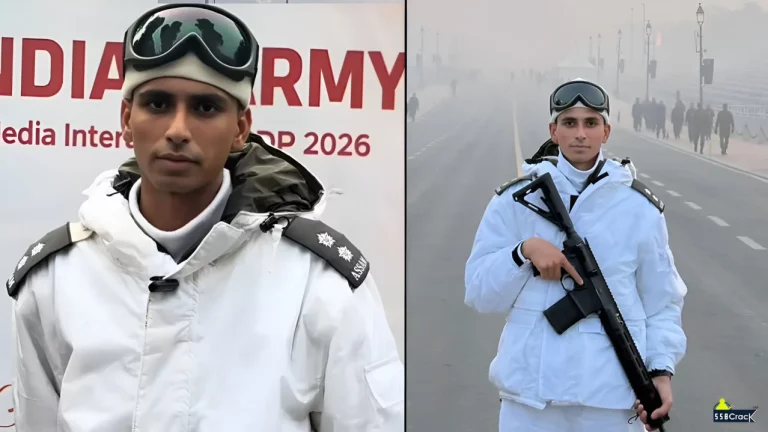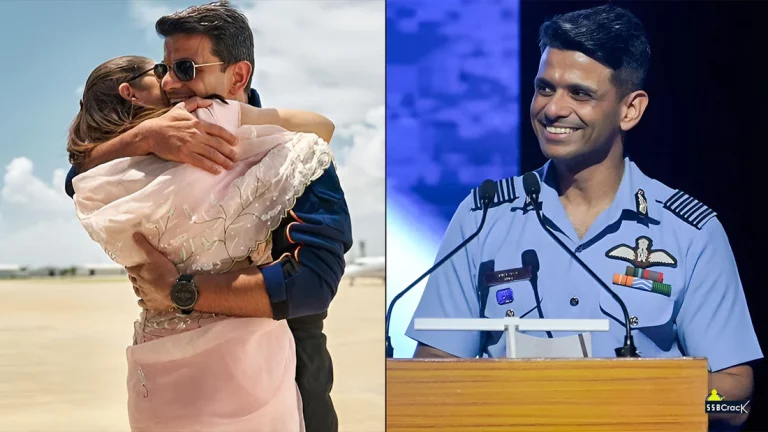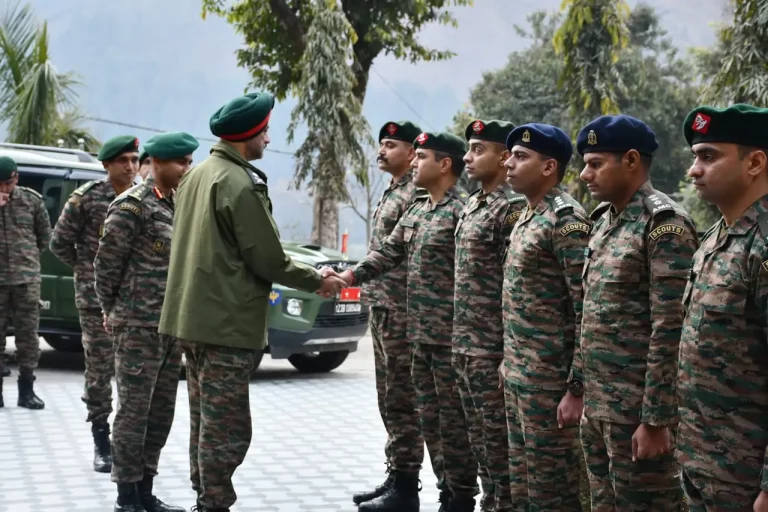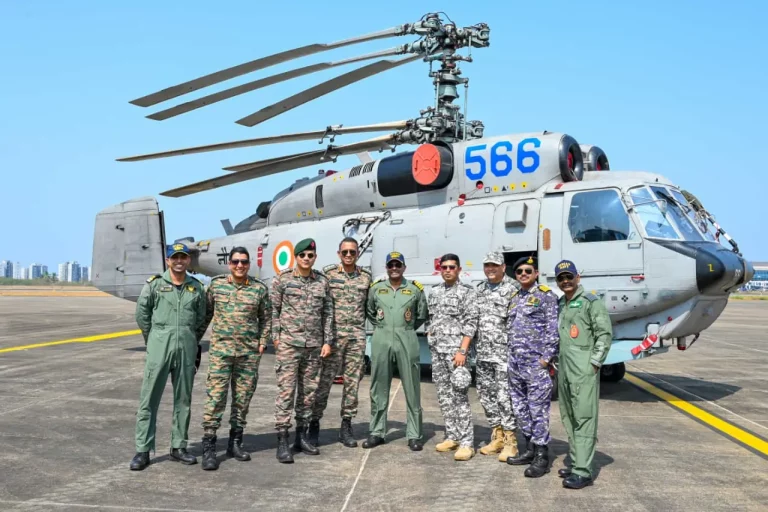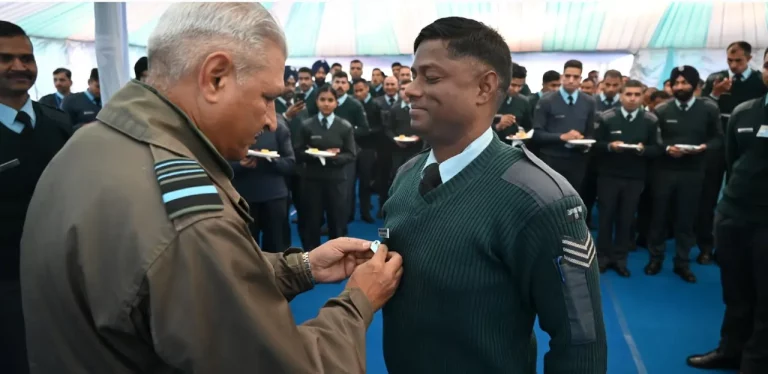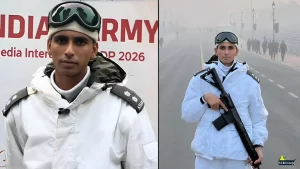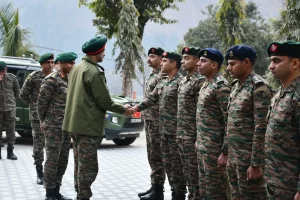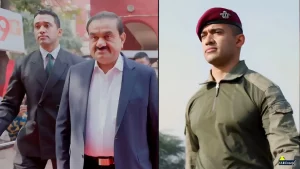The family of retired Army soldier Tsewang Tharchin is in mourning following the tragic death of the 46-year-old ex-serviceman, who was shot by security forces during violent protests in Leh on September 24. Tharchin, a decorated veteran of the 1999 Kargil War and a member of the Ladakh Scouts, lost his life while attempting to join a hunger strike organized by the Leh Apex Body. This group is advocating for statehood and Sixth Schedule protections for Ladakh.
Witnesses and family members recount that the protests, which began peacefully, swiftly turned into violent clashes with police. The unrest resulted in at least four fatalities, including Tharchin, and around 70 others sustained injuries. Protesters also engaged in arson, targeting the Ladakh Autonomous Hill Development Council Secretariat and the local BJP office while setting numerous police vehicles on fire.
Tharchin’s family has expressed their deep pride in him as a dedicated patriot. His younger brother, Konchok Ishley, shared, “He joined the Army in 1996, served as a hawaldar in the Ladakh Scouts, and faced glaciers falling on him during Kargil. He gave his life to the nation twice — first in war, and now trying to stand for his people.”
Having retired as a captain in 2002 with 22 years of service, Tharchin had recently returned to living with his wife and children in his hometown of Skurbuchan. His father, Stanzin Namgyal, a former veteran of the Ladakh Scouts with 32 years of service, expressed deep sorrow over his son’s death: “He fought the war, but died by police bullets. Is this what we get back for serving the nation?”
The protests have drawn participants of all ages, including both youth and retired servicemen. Among the deceased were Jigmet Dorjay (25), Stanzin Namgyal (23), and Rinchen Dadul (20). In response to the unrest, authorities have detained several ex-servicemen, while activist Sonam Wangchuk has faced charges under the National Security Act (NSA).
The atmosphere in Leh, a region where military service is a longstanding tradition, is one of grief. Buddhist monks and villagers have gathered at Tharchin’s home to offer prayers. The incident has sparked renewed discussions about the treatment of protesters and the role of ex-servicemen in civil activism, raising critical questions regarding the use of force and accountability in the region.
